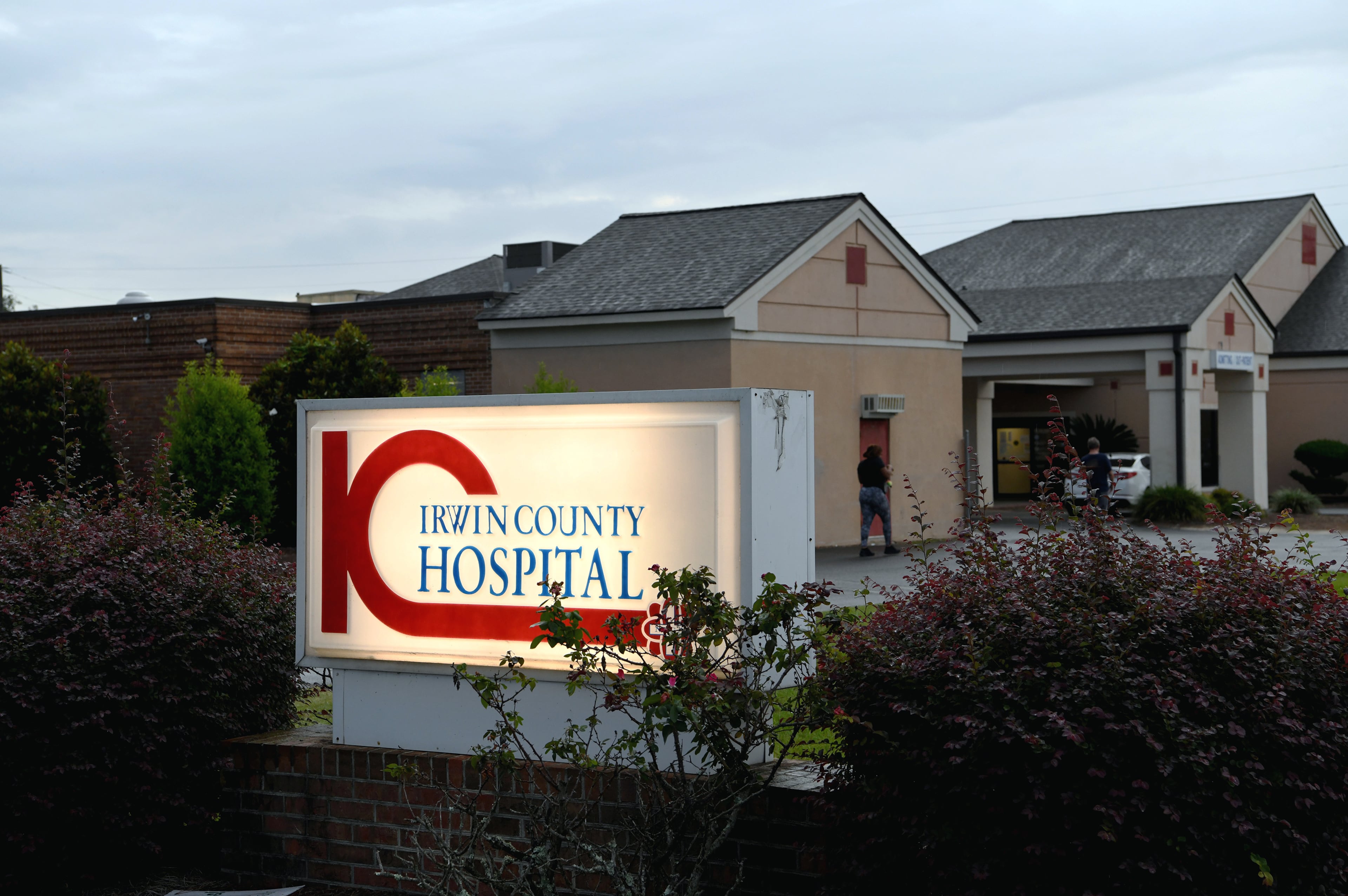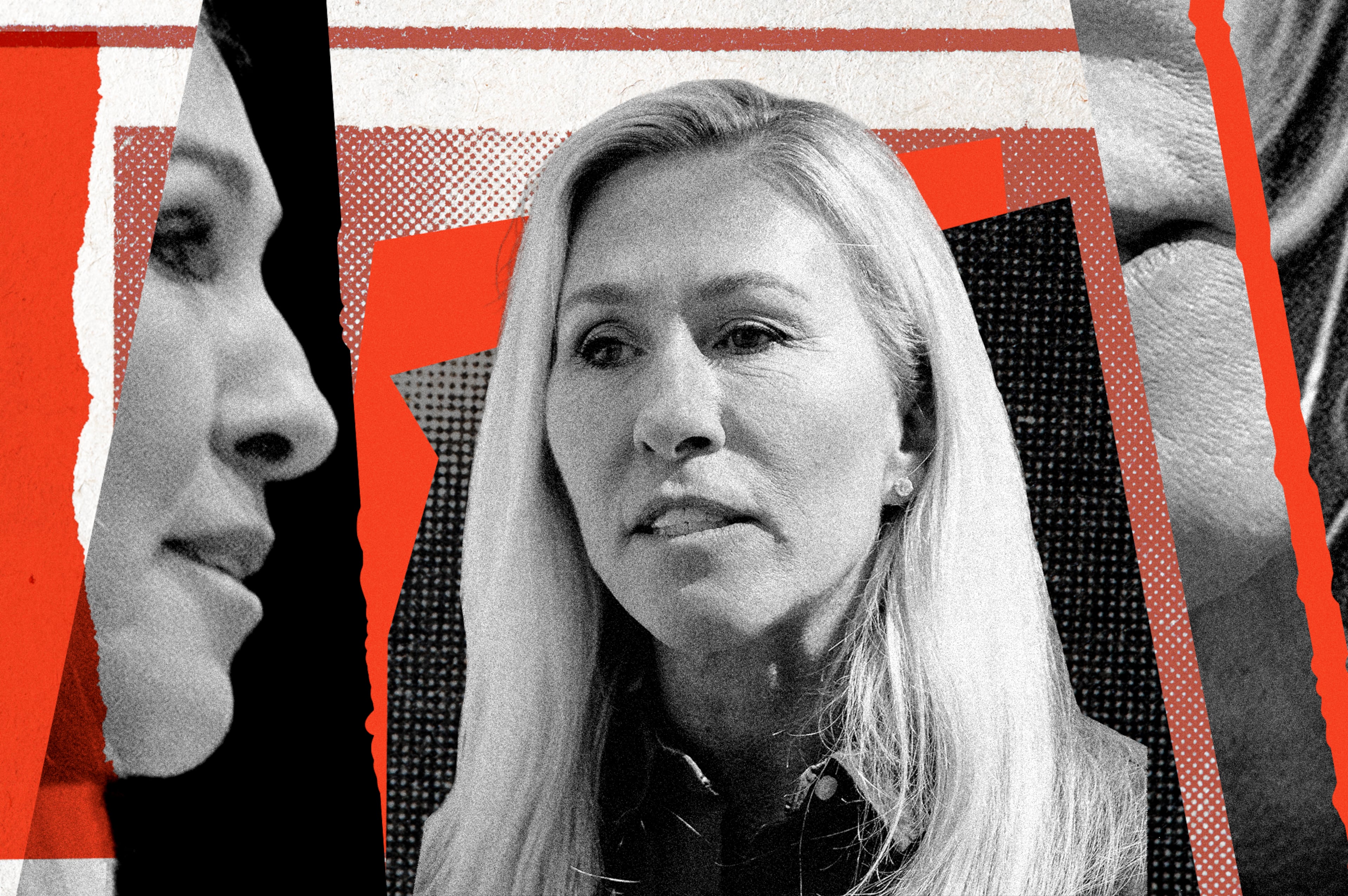Atlanta City Council to meet Monday after water main breaks

The Atlanta City Council meets today, the first such gathering since a weekend of water mains bursts disrupted service to much of downtown — including impacts to residents, businesses, restaurants, government buildings, public health institutions and attractions.
The council meeting starts at 1 p.m., with the first few hours typically set aside for open public comment. The water main bursts — and the city’s lack of updates, particularly overnight Friday into Saturday — are a likely topic of residents’ ire. It is unclear if council members will ask the Department of Watershed for an update during the meeting.
Atlanta’s water crisis started Friday when 48- and 36-inch lines under Joseph E. Boone Boulevard near J.P. Brawley Drive burst, leaving many in downtown either without water or with extremely low pressure. Crews worked throughout the weekend trying to restore service. But the issues expanded again Sunday with new breaks at Euclid and North avenues and at 1190 Atlantic Drive NW.
In Midtown Sunday, water continued flowing from a broken main at West Peachtree and 11th streets, flooding the road and seeping into nearby buildings. Authorities don’t not know what caused that break, though they don’t believe it is connected to the one at Joseph E. Boone Boulevard.
On the council agenda today is approval of the city budget, including the $853 million general fund.
Earlier this month Atlanta voters backed the longstanding 1% sales tax that will fund water and sewer projects for another four years. The renewed tax is estimated to collect roughly $1.1 billion over the next four years. It will take effect in October and extend through September 2028.
It’s unclear how many residents have been left without water since Friday. Watershed provides service to more than 1.2 million people, the division says on its website under “Fun Facts.”



